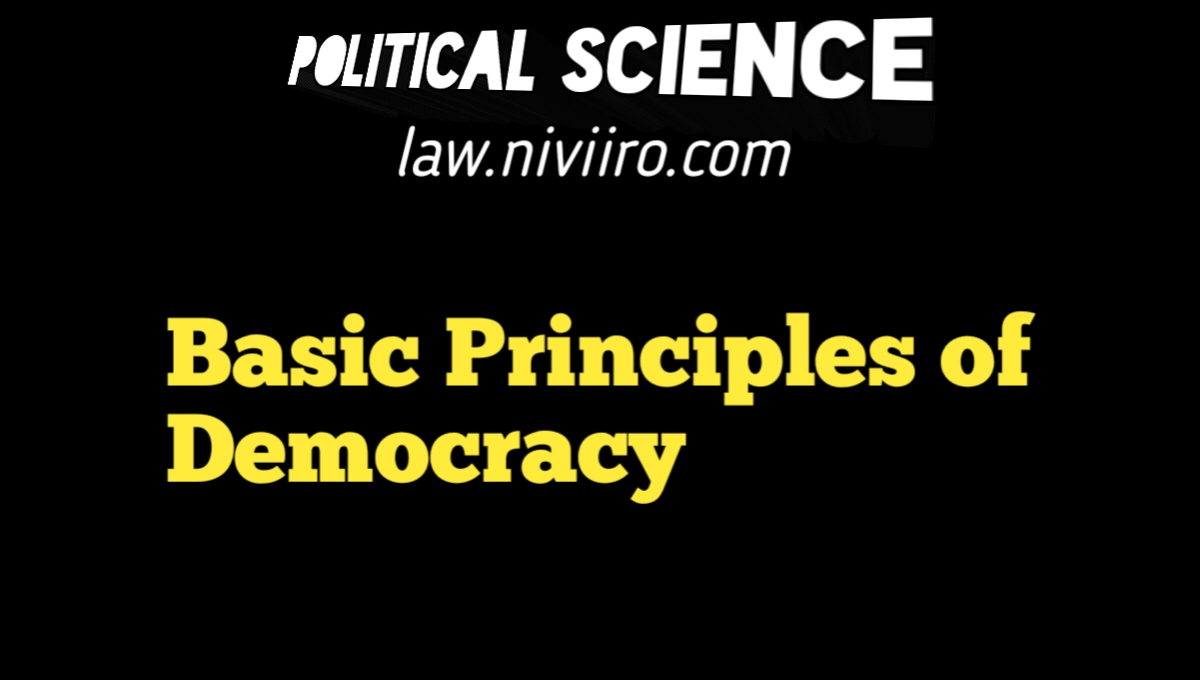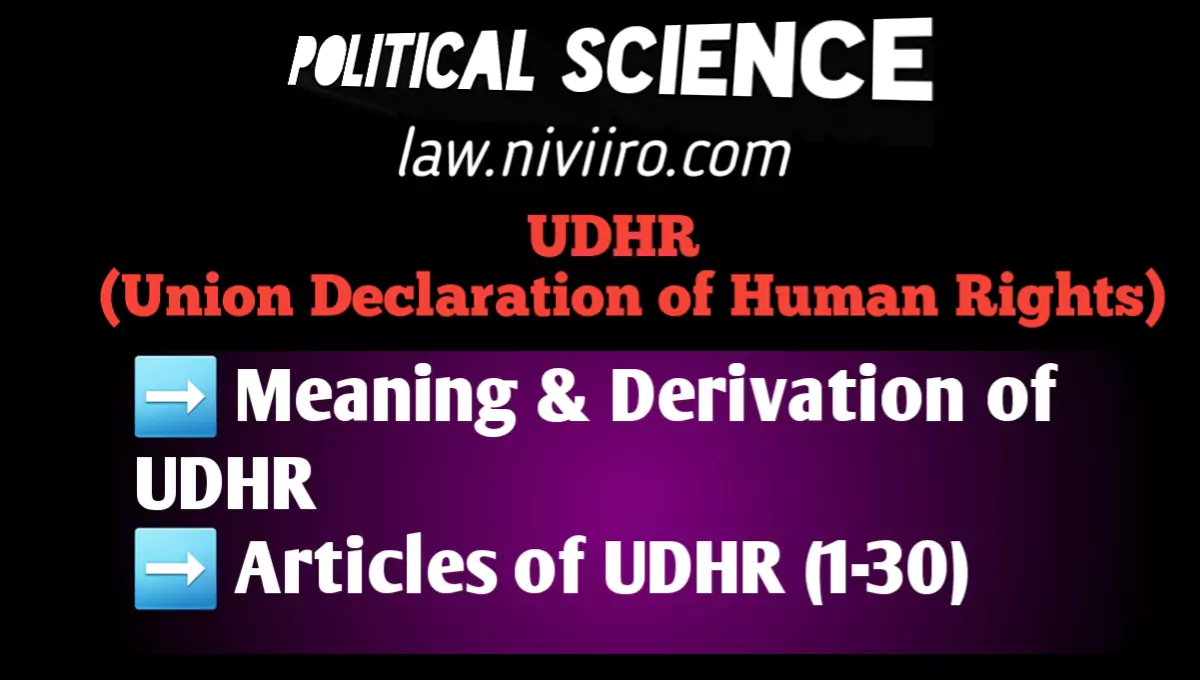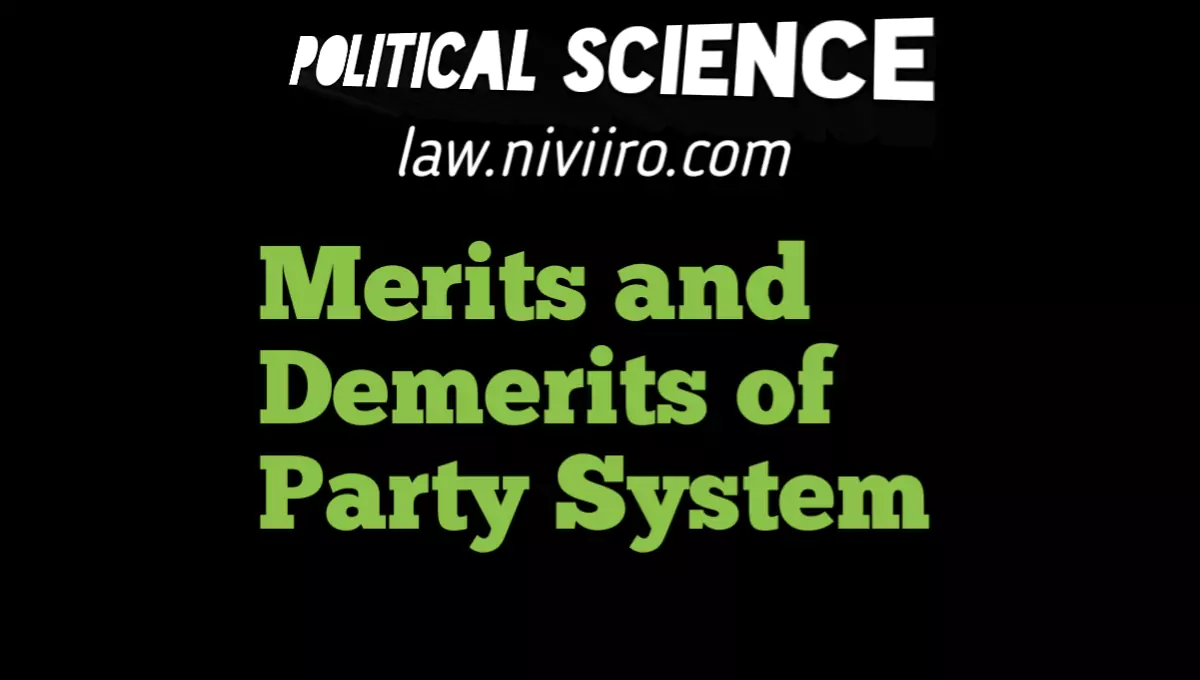Followings are the basic principles of Democracy :
Liberty | Basic Principles of Democracy
The fundamental tenets of democracy are liberty and equality. People have maximum liberty and equality since criticism of the people is not only accepted, but also encouraged in this system. In the United Kingdom, the leader of the opposition is paid by the government, and the Prime Minister consults with him in times of national emergency. For example, when South Rhodesia threatened to proclaim its independence unilaterally, and then did so, the British Prime Minister consulted the leaders of the Conservative and Liberal parties. When Pakistan invaded India in August-September 1965, Prime Minister Lal Bahadur Shastri conferred with opposition party leaders.
On January 5, 1966, the late Prime Minister Lal Bahadur Shastri met with the leaders of the Opposition parties before departing for Tashkant for meetings with Pakistan’s President Ayub Khan. Dictatorships in monarchies. In matters of national importance, aristocracies and oligarchies, the people, and opposition parties have no say.
Equality
In a democracy, equality is prioritised, and there is no discrimination based on caste, creed, religion, or position or status. Untouchability, for example, has been abolished in India. Aside from that, everyone is equal before the law, and there is no favoured class in India. Along with social equality, political and economic equality must be established. Thus, in order to achieve political equality, all distinctions based on caste, religion, colour, and gender have been eliminated in India, and Adult Franchise has been implemented to allow all people to run for election to Provincial Assemblies and Lok Sabha.
Efforts have also been made in democracies such as England to achieve social and political equality. Japan, France, Belgium, the Netherlands, and Denmark Sweden, Norway, West Germany, the United States of America, and Italy are among the countries represented. Without economic equality, political and social equality are meaningless. In January 1964, the Indian National Congress passed a resolution in Bhubaneshwar to achieve socialism by democratic means. Sincere efforts are now being undertaken to put this resolution into action.
Fraternity | Basic Principles of Democracy
Democracy can only develop in a peaceful environment; otherwise, democracy would encounter numerous challenges. Jawaharlal Nehru presented the Panch Sheel concept to the globe in 1954 for this aim. Our administration, like many other democratic governments around the world, is working to promote global peace. India was the President of the Non-Aligned Movement and preaching this stance.”
The people as ultimate source of sovereignty
People are the ultimate source of sovereignty in a democracy, and the government gets its power from them. Elections are held at regular periods in democracies for this purpose. General elections are held every five years in India and England, and every four years in the United States.
Fundamental rights to the people
People are given fundamental rights in a democracy because individual development is impossible without these rights. People in India, Japan, the United States of America, France, and Italy have fundamental rights guaranteed in their constitutions. The Rule of Law, Charters, Acts of Parliament, and Judicial Decisions issued from time to time preserve the rights and freedoms of the people in England.
Independence of Judiciary | Basic Principles of Democracy
In a democracy, it is the judiciary’s obligation to preserve the people’s fundamental rights. In our country, the Supreme Court and the High Courts uphold the Constitution and the people’s fundamental rights. Fundamental rights cannot be protected where the court is not free.
The people are considered as an end and State as the means in a democracy
One of the major characteristics of democracy is that the individual is a means to an end. It indicates that the state exploits the individual for its own gain. Individual freedom is given no consideration in a dictatorship.
Welfare State | Basic Principles of Democracy
Democracy is a welfare state in which special attention is given to the welfare of the people as a whole rather than to a specific class.
Related Post
References
- J.C. Johari, Political Science
- Prof. S.L. Verma, Modern Political Theory
- M.P. Jain, Political Theory liberal and Marxiam
- Prof. H.C. Verma, Modern Political Theory
- V.D. Mahajan, Political Theory
- R.C. Agarwal, Political Theory
Sources

















